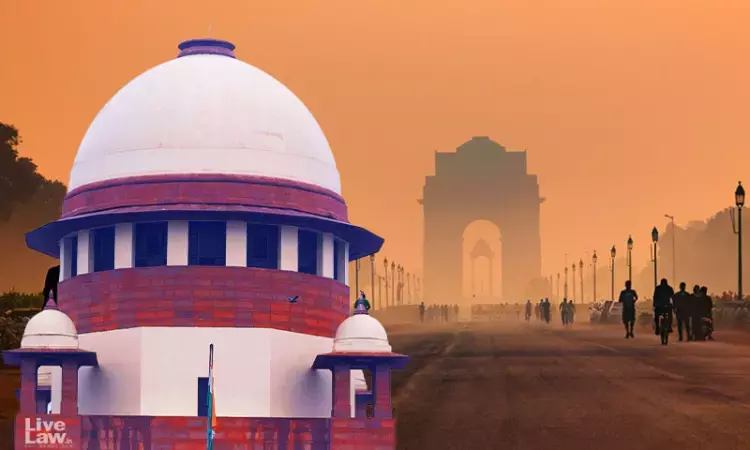No Final View Expressed On Delhi's 'Odd-Even' Scheme, Was Only Flagging Amicus's Concerns, Clarifies Supreme Court
Awstika Das
10 Nov 2023 5:41 PM IST

Next Story
10 Nov 2023 5:41 PM IST
The Supreme Court on Friday (November 10) clarified that it did not intend to dictate whether the odd-even rationing policy ought to be implemented in Delhi, and had only flagged the amicus curiae's concerns over its efficacy during the last hearing. This oral clarification came after Delhi's environment minister Gopal Rai said that the government will implement the odd-even car rationing...
